
VO₂max - the overlooked indicator of heart disease risk
Cardiorespiratory fitness (CRF) is one of the strongest predictors of health, endurance, and longevity. It reflects your body’s ability to transport and use oxygen during activity—whether running a 5K or doing daily errands—and is best measured by VO₂max, the gold standard for assessing maximal oxygen consumption. Low CRF is linked to higher risks of hypertension, type 2 diabetes, cancer, and premature death, while improving VO₂max supports heart health, boosts stamina, and promotes a longer, healthier life.

Endothelial dysfunction: the silent trigger
One of the earliest signs of coronary artery disease, prior to appearance of plaque in the arteries, is endothelial dysfunction. This refers to the diminished ability of the innermost lining of the vasculature – the endothelium – to perform its essential functions of maintaining vascular tone, regulating inflammation, and providing a barrier to potentially toxic material, including cholesterol containing apoB particles. Dysfunctional endothelium is a critical, yet reversible, early indicator of cardiovascular disease - presenting an opportunity to diagnose and treat atherosclerosis in the very earliest stages.

Is saturated fat bad?
With the popularity of the carnivore and ketogenic diet over the past several years, guidelines recommending limiting saturated fat has come under fire. Proponents of these diets will argue that the link between saturated fat and heart disease is weak, and that saturated fat is not harmful. Let’s explore how saturated fat increases risk, why the recommendations are to limit to it, and how to eat to get there

Why atrial fibrillation occurs
Atrial fibrillation, or afib, is the most common heart arrhythmia in the world. It is an irregular and often rapid heartbeat that can lead to blood clots and stroke. Unfortunately, there are more people than ever before living with afib and it has been estimated that by 2030, 12.1 million in the United States alone will be living with atrial fibrillation. Research tells us that more than half of these cases could be prevented by optimizing several risk factors. Let’s cover today what exactly atrial fibrillation is - with a particular emphasis on why atrial fibrillation occurs and what we can do to prevent it

Dietary fat and heart health
For years, “low fat” diets were described as the optimal heart-healthy diet. Unfortunately, this over-simplistic piece of dietary guidance has become embedded in our dietary culture, and many still preach that any and all fat is unhealthy. However, we now have robust evidence that polyunsaturated and monounsaturated fats (mostly found in plant foods, like fresh avocado, nuts, and oils, as well as fish) support heart health compared to their counterparts, trans fats and saturated fats. Let’s explore what fats are, why some are better than others, and how we can incorporate “good” fats into our diet.

Why measure apoB
High cholesterol is the most important causal factor for atherosclerosis. Full stop. As such, we have historically placed a bright spotlight on LDL cholesterol as the bad, artery-clogging cholesterol. This is typically what has been measured clinically, serving as our primary target, as well as focused on in research trials. Recent studies, however, have moved beyond LDL cholesterol to examine more precise measures of atherosclerotic risk due to cholesterol. Literature has suggested there may be another more accurate marker for risk due to atherogenic lipoproteins and that is apolipoprotein B (aka apoB). Let’s explore why this is, the differences between LDL cholesterol and apoB, and end with a discussion on when and why you should have your ApoB level checked.
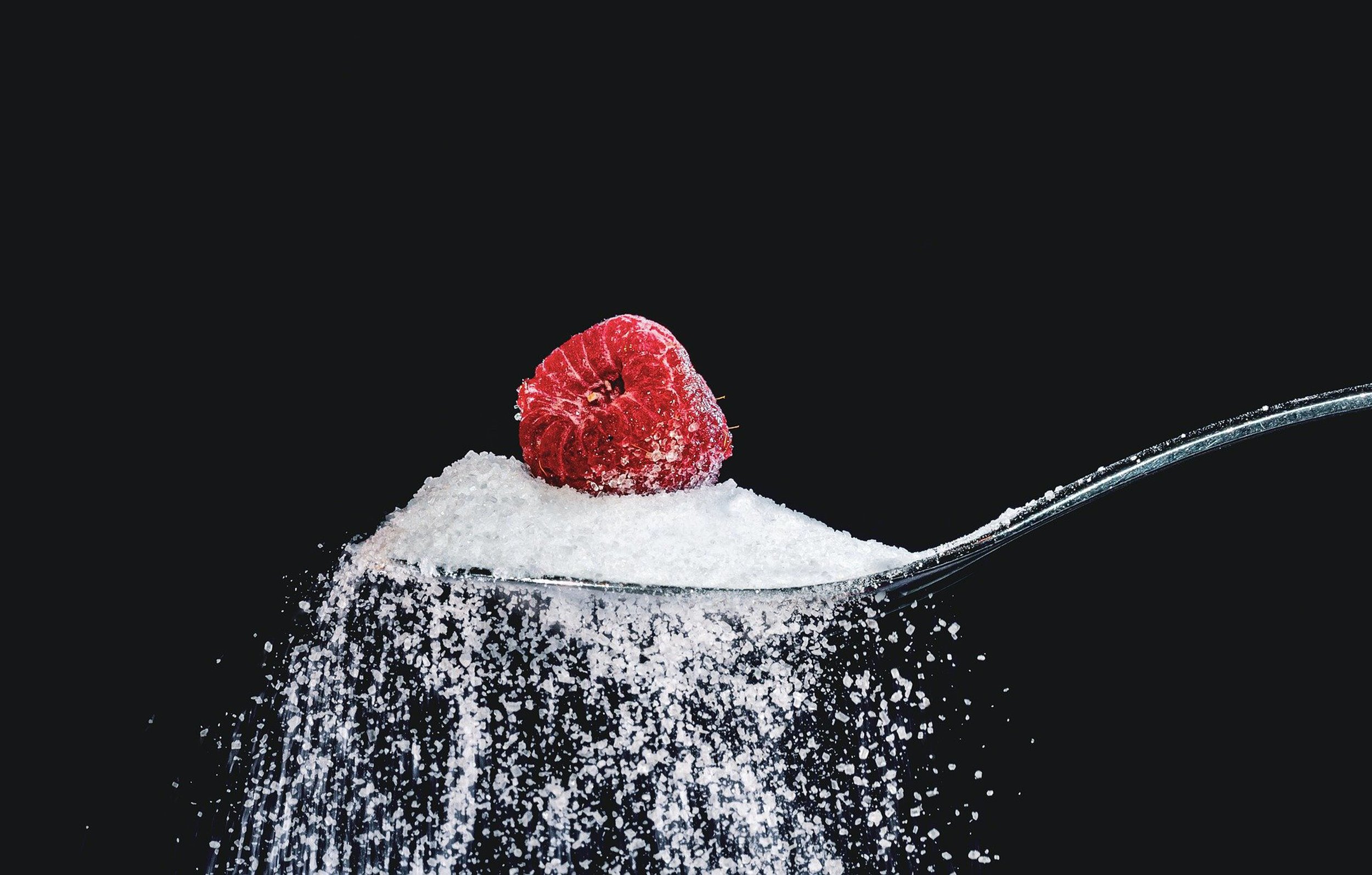
What insulin resistance means
Insulin sensitivity and insulin resistance have lately become buzzwords in the news, social media, and even dinner table conversations. With the ability to keep an eye on glucose control better than ever with the plethora of direct to consumer continuous glucose monitors, these topics have made their way from the exam room and into popular culture. We also know insulin resistance is an important risk factor for a whole host of chronic conditions, including heart disease.. But what exactly is insulin resistance, the invisible culprit that can eventually result in type 2 diabetes? And what can we do about it?

When HDL is high (and too high)
For decades, HDL cholesterol has been dubbed the “good cholesterol,” and LDL cholesterol the “bad cholesterol.” In some ways this is true - a high number of LDL particles results in cholesterol build-up, whereas HDL particles aid in cholesterol excretion. Elevated HDL has been associated with a decreased risk of heart disease in several population studies, and so the thought that more HDL is always better has become a pervasive part of medical lore. However, as with most things in medicine, the reality appears to be much more nuanced. Recent studies demonstrate that a high HDL may not always decrease our risk for heart disease and raising it may not improve our heart health. So, what is the optimal level of HDL? Can it still be considered “good cholesterol”? And can it get too high that it is no longer protective?

Exercise for heart health - the ultimate guide
It’s well known that we should be engaging in some form of physical activity - whether it’s hitting the gym or heading to yoga class. But it’s less well understood exactly how much we should be getting, why, and what types are best for heart health. The consequences of physical inactivity are immense - linked with increased risk of basically all types of chronic disease including diabetes, hypertension, obesity, cholesterol issues, coronary artery disease, stroke, heart failure - this list goes on and on. When done correctly, exercise training can be one of the most powerful medications around. If you’ve ever wondered how to create the best exercise program for heart health, longevity, and wellness, read on!
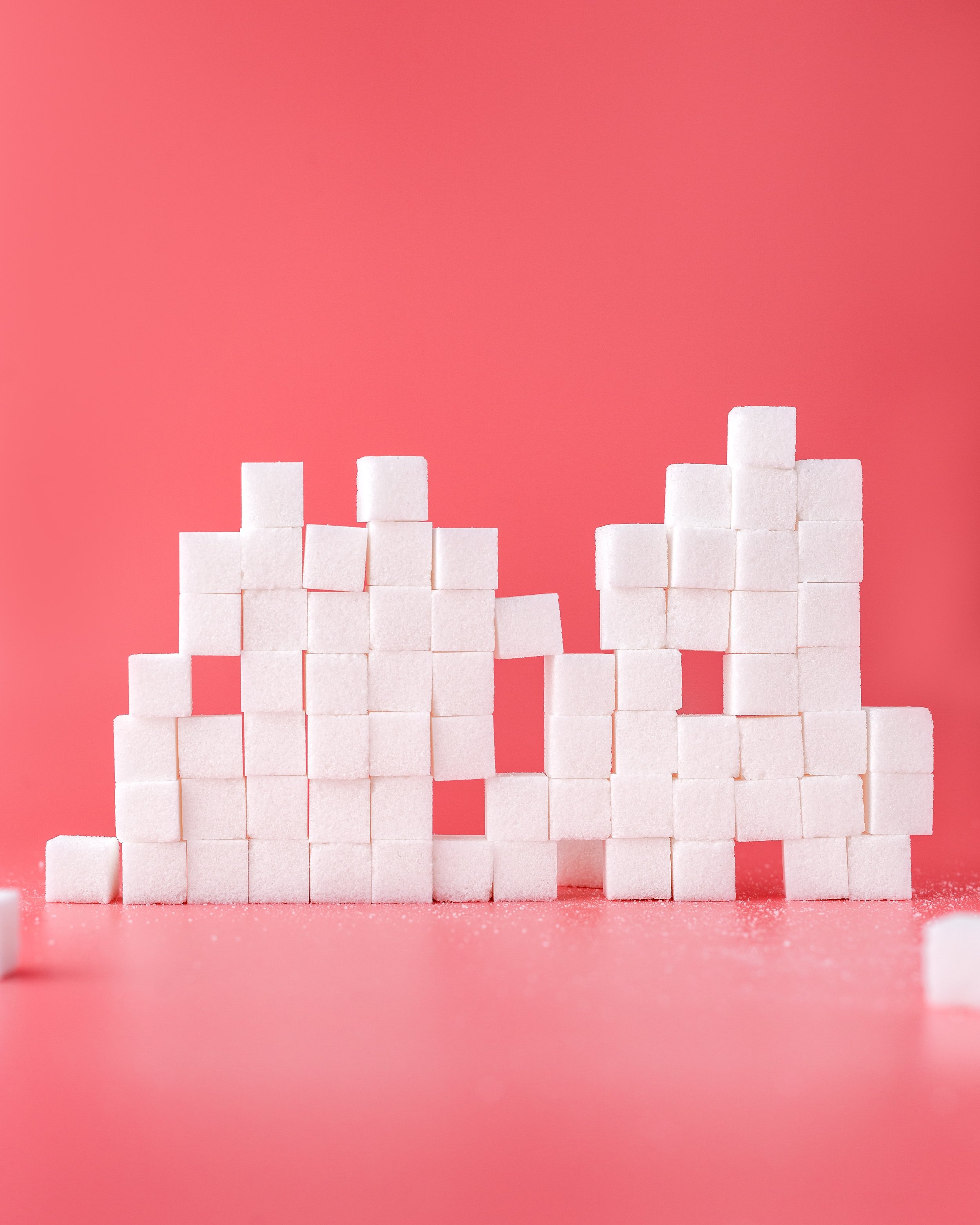
When triglycerides are high
As a cardiologist and cholesterol specialist, I am often asked what to do when triglycerides are high. Most of us understand what LDL cholesterol (aka “bad cholesterol”) is, but are high triglycerides bad? And what makes them go up? Elevated triglyceride levels are quite common, affecting more than one-fourth of American adults. Labeled as a “risk enhancing feature” by the American Heart Association, let’s explore how high triglycerides increase the risk for heart disease and what we can do about them.

How does sleep impact heart disease?
Most of us are well aware of how vital adequate sleep is for our overall wellbeing and health. But even so, very few Americans are getting the proper amount of sleep per night. For those of us who aren’t getting enough sleep, time to listen up. Recently, the American Heart Association added sleep to their Life’s Simple 7 recommendations for optimal heart health. Let’s look at the evidence to better understand why they did so - what constitutes poor sleep (it’s not as simple as not getting enough of it!), why poor sleep might increase risk of heart disease, and how to take steps to improve sleep.

Why a high fiber diet is key to heart health
Fiber seriously feels like it has become the new buzzword. From the F factor diet to the microbiome to IBS, everyone seems to be talking about a high fiber diet (good or bad!). But what is fiber anyway? Did you know there are two different types? Read on for everything you ever wanted to know about fiber, including how much you should be getting and my favorite tips and tricks for making it happen.

Is red wine good for your heart?
From wellness experts to media outlets, many tout the health benefits of consuming red wine, claiming the heart benefits. Yet, some research indicates that alcohol consumption may be detrimental to our health by increasing risks to certain ailments like liver disease and cancer. So, what's the verdict?

How to Prevent Heart Attack - 7 Surprising Ways
You probably already know the basics of how to prevent heart attack - don’t smoke, eat nutritious food, maintain a healthy weight, and get regular exercise - but are there other things that matter? Given that as much as 80% of heart disease is preventable, identifying risks before they cause a problem is huge! We also know that even those with an elevated risk of heart disease due to genetics can reduce their risk of heart disease by adhering to healthier habits.
But above and beyond kicking that cigarette habit to the curb (which, by the way, if you haven’t yet - please get on that STAT), what specific things can we do to take our heart health to the next level? Let’s go beyond the basics and explore specific, actionable ways we can optimize our heart health
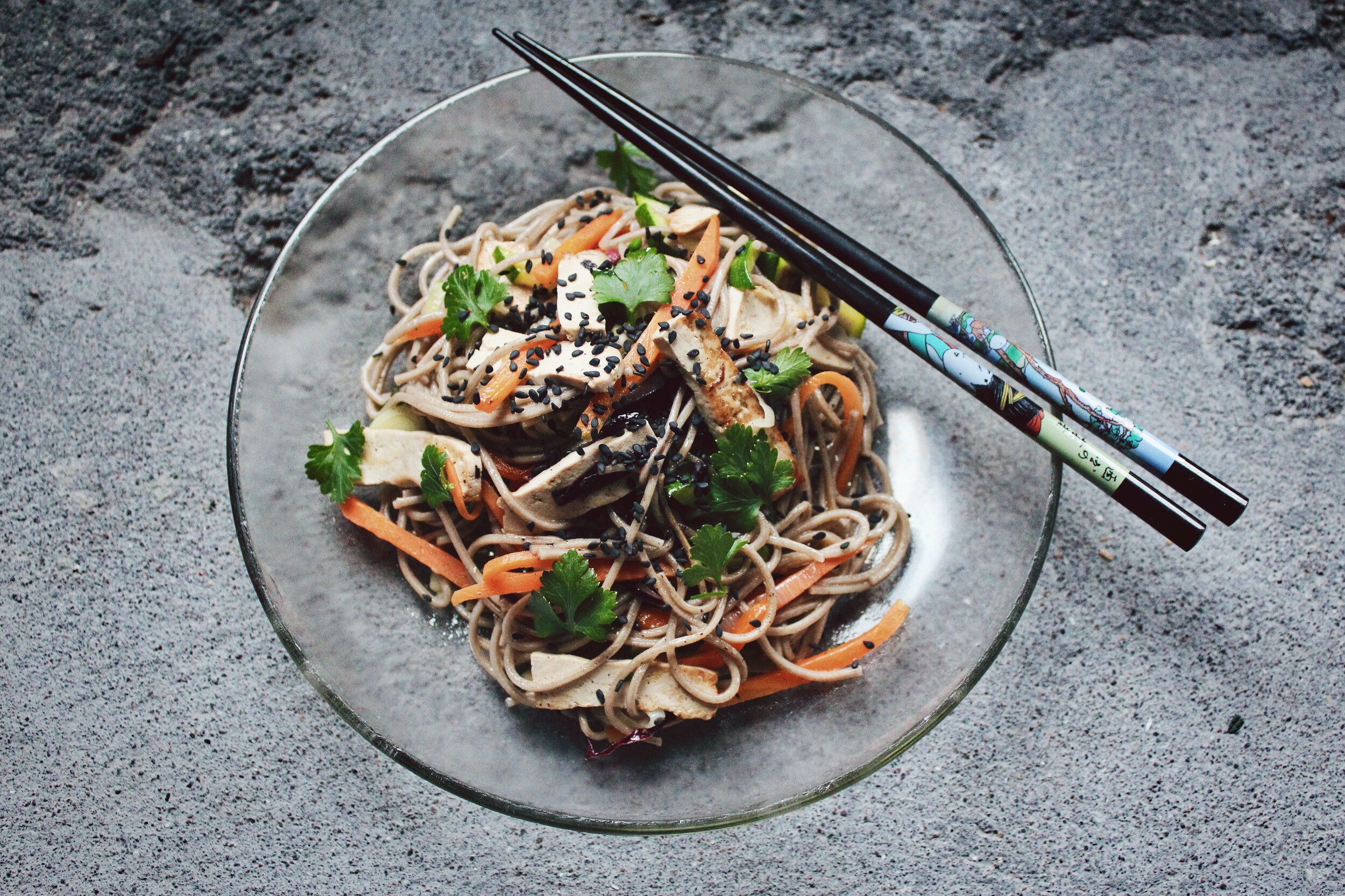
Is soy healthy for the heart?
Soy, a type of legume, is quite the polarizing food. Soy is an important component in many Asian dishes, and has been consumed for thousands of years across the continent. Unfortunately, significant amounts of misinformation have been spread about soy over the last several decades, leaving many to wonder if soy is a healthy choice or not. Many have been told to stay away from soy due to the risk of breast cancer or feminizing effects, among other concerns. Let’s better understand what soy has in it - and what it doesn’t - so you can make an informed choice!
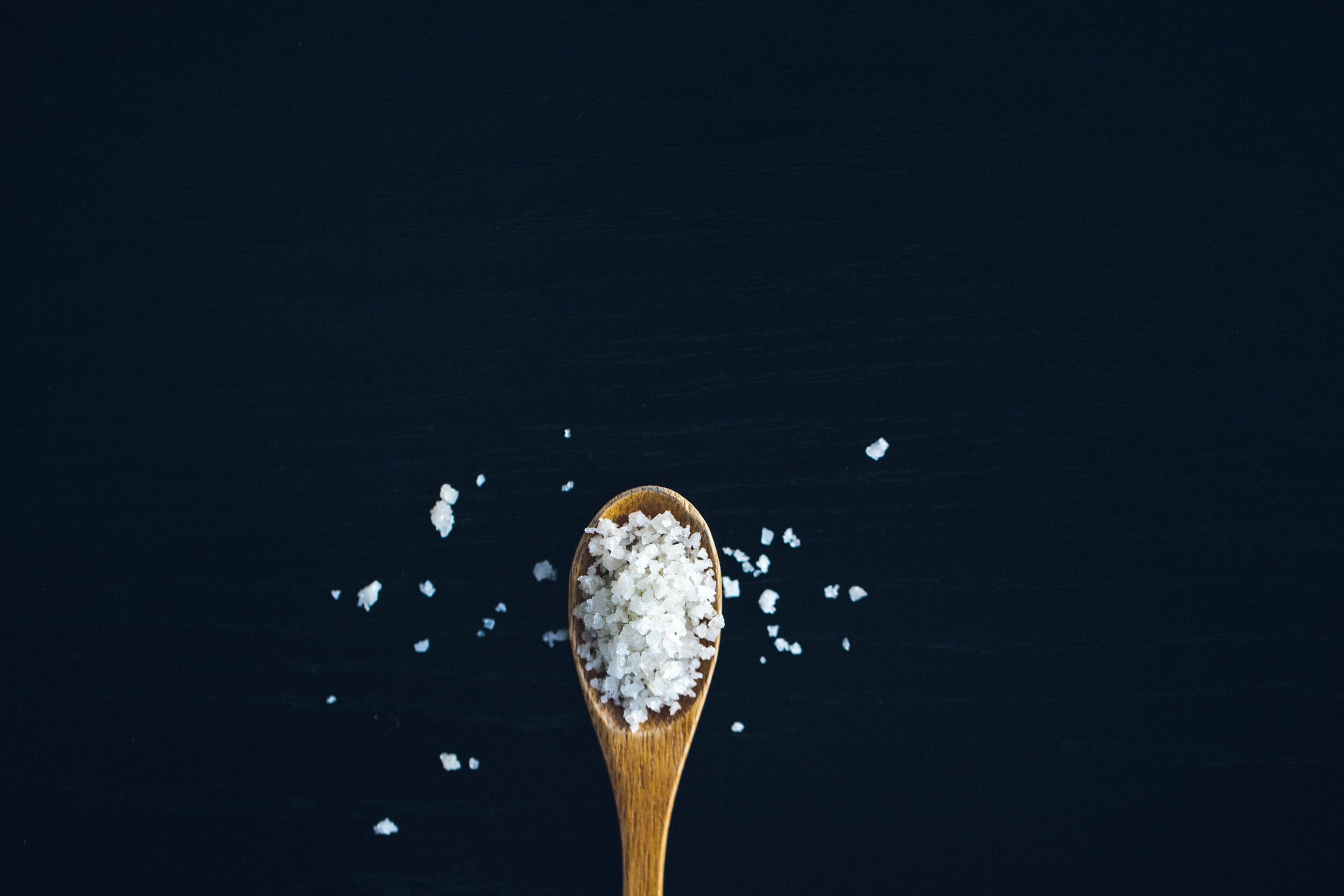
7 natural ways to lower blood pressure
Although medications are often prescribed for hypertension, there are actually a handful of evidence-based, natural ways to lower blood pressure. Nonpharmacologic approaches can help many people to lower blood pressure into target ranges, allowing them to come off medications or reduce the dosage or number of medications they require. It can also be very effective at preventing high blood pressure in the first place! Let’s review the top 7 ways to lower blood pressure without medications.

Is fake meat healthy?
While the benefits of consuming a whole food, plant based or plant predominant diet are well established, what is less clear is if the more processed plant based meats, such as the Impossible Burger or Beyond burger, are good for you. “Is fake meat healthy?” is one of the most common questions I get on social media and from my friends and family. They certainly have many ingredients, some of which are difficult to pronounce, so does that mean they’re bad for you?

The coconut oil - cholesterol relationship
Over the last decade, coconut oil has enjoyed increasingly popularity as the go-to healthy oil, with purported benefits ranging from burning belly fat, curbing appetite, decreasing inflammation, and improving glucose control. Recently, however, savvy consumers have had increasing concerns about how coconut oil increases cholesterol levels and, thus, their risk of heart disease. Let’s examine what coconut oil actually contains (is it really made up of medium-chain triglycerides?), how it affects our cholesterol levels, and if we should use it.

7 top cardiac diet tips
There is so much misinformation out there about what’s the best heart healthy diet. From keto to Mediterranean to Paleo, many are left confused as to what changes to make to create the ultimate cardiac diet. Whether you have a family history of heart disease, other risk factors like high cholesterol, or already have heart disease and want to avoid another heart attack, there are several major shifts you can make to decrease your blood pressure, cholesterol, waistline, and risk of heart disease.
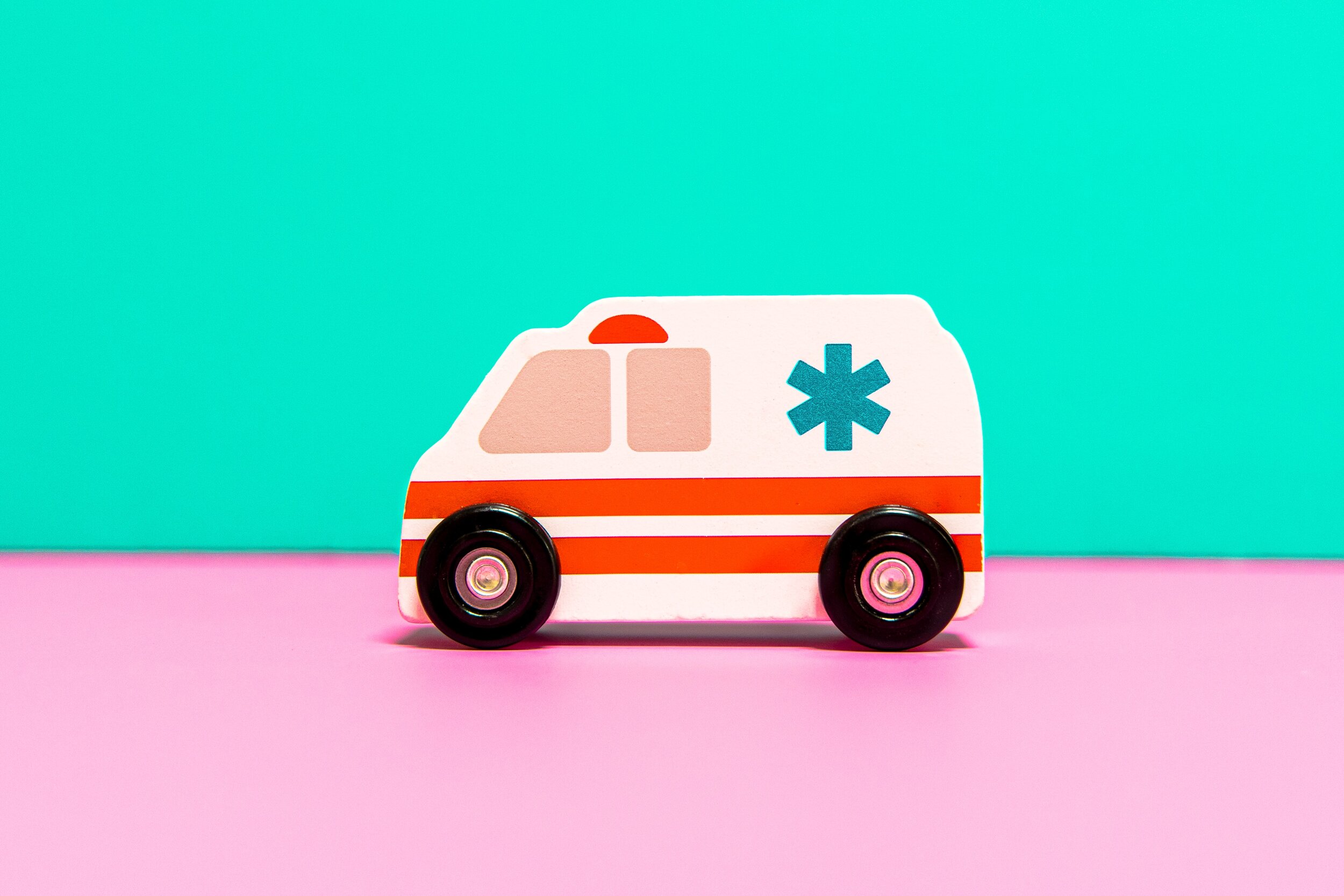
Signs of a heart attack your cardiologist wants you to know
What does a heart attack feel like? It’s important to know the most common warning signs of a heart attack, which is when the heart artery is suddenly blocked. Seeking help promptly and early improves outcomes and survival. And while the symptoms of a heart attack can differ from person to person, knowing what to look out for can save lives
Follow for more #hearthealthy tips
The information on this website, including texts and images, is for informational purposes only. This website does not provide medical advice and is not a substitute for consultation with a health care professional. The purpose of this website is for information only, and does not constitute medical advice or establish a patient-physician relationship. With any questions regarding your specific condition, you should seek medical advice from a qualified health care professional. Do not use this website for medical diagnosis or treatment. Furthermore, this website should not be used to communicate or manage medical emergencies. If you think you are experiencing a medical emergency, you should call 911 immediately and/or seek appropriate medical help from your physician.





